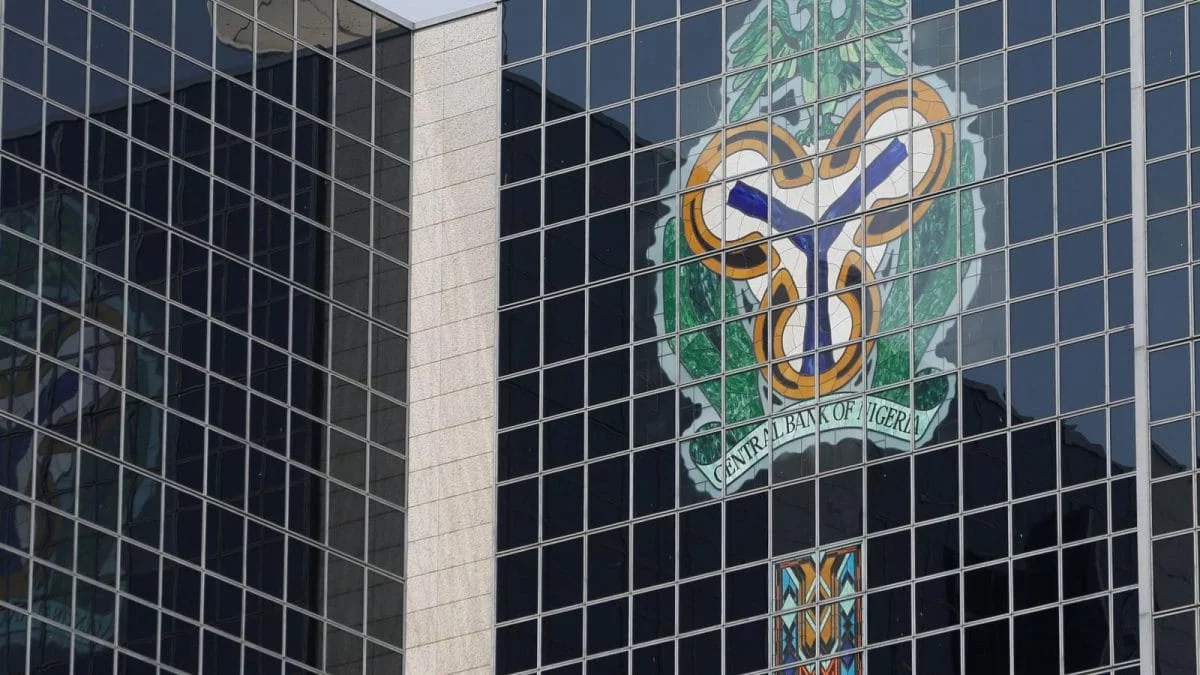As part of sweeping policy reforms aimed at improving liquidity in Nigeria’s FX market, the central bank (CBN) will no longer allow banks to carry out international money transfer operations.
The apex bank will also not give new IMTO licences to fintech startups. However, the central bank did not clarify how this policy affects fintech companies that had previously received permission to transfer funds internationally.
According to the new rules published on Wednesday, the bank also increased the application fees for International Money Transfer Operator (IMTO) approval to N10 million [$6,845]. The rules are a revision of earlier guidelines released in 2014. The new rules also set a minimum operating capital of $1 million for foreign IMTOs and its naira equivalent for their indigenous counterparts.
Nigeria’s apex financial regulator had previously granted international money transfer licences to fintech companies including Flutterwave, LemFi, PagaTech, VFD, and Interswitch among others. The revised guidelines didn’t state whether the existing licences would be revoked. The CBN set the annual renewal fee of the IMTO approval at N10 million.
The apex bank described the new rules as designed to “liberalise the foreign exchange market and ensure transparency.” It said that commercial banks will be allowed to act as agents for international money transfer services. In another circular, the CBN removed the cap on FX transactions, a rule enabling IMTOs to use the prevailing rate at the official market. [ad]
The CBN has rolled out new rules this week to improve liquidity in Nigeria’s volatile FX market and boost diaspora remittances and foreign capital inflows. The bank ordered banks to limit their foreign exchange exposure and sell excess dollars after a steep drop in the official naira rate against the dollar.
Despite a devaluation last year and a decision to float the Naira, the currency has witnessed even more volatility as the CBN tries to clear a backlog thought to be around $5 to $7 billion.
To restore confidence, the CBN has been talking up its efforts to clear the backlog and promised to clear it early in the year. This week, the bank told Bloomberg again that the backlogs would be cleared “within a short time” and “fundamental issues that have hindered the effective operation of the Nigerian foreign-exchange markets” would be resolved.
Editor’s note: A previous version of this article stated that the both banks and fintechs are banned from international money transfer services. It has now been updated to reflect that the CBN will not give new IMTO licences to fintech startups.























